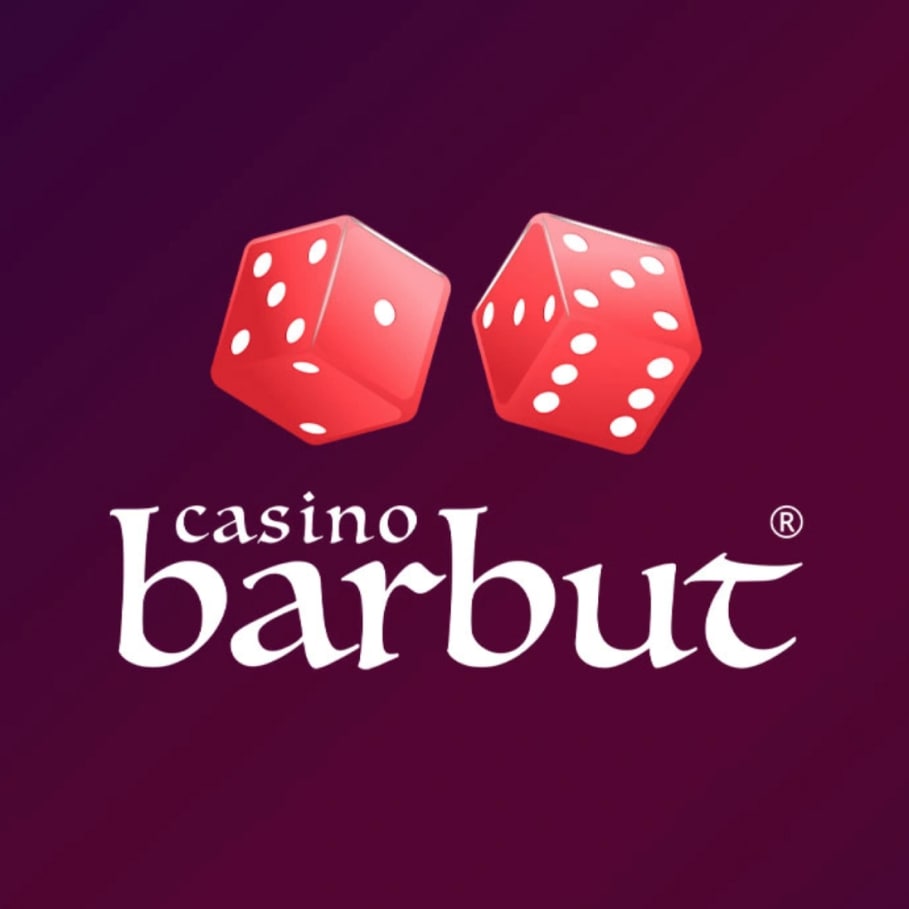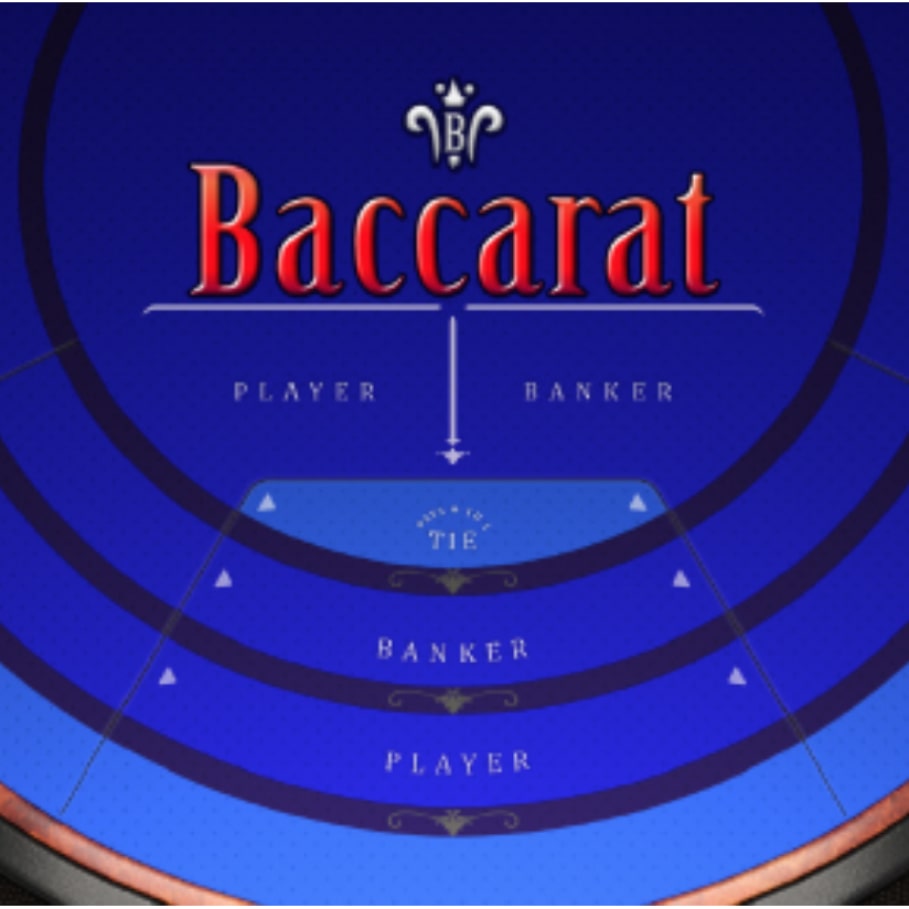Marthas Vineyard African American Film Festival returns with star power and cultural legacy - Newsday
The Martha’s Vineyard African American Film Festival is back for its 23rd year, celebrating Black filmmakers, actors and tastemakers. Automated narration. Learn more
Set on the campus of the Martha’s Vineyard Performing Arts Center and the Vineyard Lounge, the festival has grown from a grassroots gathering into a premier destination where Black creatives can find inspiration, connection and support.
Akil paid homage to festival founders Stephanie and Floyd Rance, crediting them for building a creative pipeline where stories rooted in Black culture live and are seen.
“They know the value. They know the need,” said Akil, who will screen “The Vineyard” episode from the Netflix series “Forever” at the festival. “Regardless of what the institution or systems of Hollywood sees as valuable, we claim the value of our stories. We have a chance to celebrate them, complete them, tell them, view them and share them with an audience. It allows for the completion of the story, so that we can move on to many, many, many more stories that need to be told.”
Floyd Rance described MVAAFF as a vital part of the entertainment ecosystem, offering a platform where Black voices and stories are given the spotlight they deserve.
“It’s always good to have somewhat of a convergence for folks of like mind in the arts and entertainment to gather, coalesce, share ideas, rekindle friendships and fellowship,” said Floyd, who along with Stephanie said they did not expect their festival to become such a main attraction.
“Despite the political climate and what’s going on in entertainment, it’s always a good time for birds of a feather to flock together.”
In addition to the panels and screenings, Stephanie Rance said this year’s festival centers on the theme of joy, focusing more on celebration than struggle. She’s especially excited for attendees to experience a range of conversations, from little-known moments in Black history to a panel on Ralph Lauren’s Oak Bluffs collection with Morehouse and Spelman.
The Smithsonian National Museum of African American History and Culture will host a discussion on Black dandyism, paying tribute to fashion icon André Leon Talley.
“The community at large on the Vineyard and the folks that come from all over the world to the festival really embrace the filmmakers,” she said. “Everybody loves the studio and the streaming content and the talent that comes in. But we really are a filmmakers’ film fest at heart.”
What else is happening on the Vineyard?
This year’s festival is delivering a dynamic slate that blends star power, conversation and creative insight.
Spike Lee will unveil exclusive clips from his upcoming film “Highest 2 Lowest” starring Denzel Washington. Courtney B. Vance is set to lead a panel on Black storytelling, diving into how content creation can retain cultural authenticity.
Jennifer Hudson will open up about her Emmy-nominated daytime talk show, while Dwyane Wade will participate in a men’s luncheon with industry leaders to discuss leadership, legacy and capital in today’s evolving media space.
Joy Reid is hosting a fireside chat on power and purpose. Issa Rae returns with a preview of part two of her documentary “Seen & Heard,” continuing her exploration of visibility for Black creatives. And Debbie Allen will be honored with a tribute to “A Different World,” celebrating the force the show continues to be decades later.
The screenings will showcase a wide range of Black storytelling, including Starz’s “Magic City: American Fantasy,” the Tyler Perry-produced “Old Mary Mare,” HBO Max’s “The Gilded Age,” and Ryan Coogler’s critically acclaimed “Sinners.”
On the final day, Michelle Obama and her brother Craig Robinson will hold a live taping of their podcast that’ll include an interview with Teyana Taylor.
For returning filmmakers like Andre Gaines, the festival has become a cultural home to showcase work. This year marks his third screening at MVAAFF, where he’ll show “The Dutchman,” a bold reimagining of Amiri Baraka’s searing 1964 play.
“It’s great to show our stories in front of our people and get this visceral and genuine reaction when it comes to things that we’re familiar with,” said Gaines, who’s also collaborating with MVAAFF founders Stephanie and Floyd Rance on a documentary about the late ESPN anchor Stuart Scott.
Gaines said the festival affirms the value of Black storytelling in a way that mainstream spaces often overlook.
“Some people look at our festivals, media or award shows as being less than what the mainstream or our white contemporaries might consider them to be, but they aren’t,” he said. “That’s the beauty of this festival. We talk to each other and herald the filmmakers that came before us and the ones currently working. We get this grand opportunity to come together in that form.”
The Newsday app makes it easier to access content without having to log in.
Read in the app
FAQ
Does Moose Jaw have a casino?
Casino Moose Jaw is located in downtown Moose Jaw, Saskatchewan, Canada, and is owned and operated by Sask Gaming. The government of Saskatchewan announced the construction of the $13 million facility on July 26, 2001.
How many people can fit in the Regina Show Lounge?
Casino Regina also offers exciting entertainment options beyond the gaming floor. The Casino Regina Show Lounge, known for its Vegas-style entertainment and live music, offers world-class events in the 724-seat venue.
How much is parking at the Casino Regina?
Parking in Regina On-street parking is only $2/hour and parkades are between $4 and $11 a day. Monday to Friday evenings between 6pm and 8am are FREE and so are all day Saturdays and Sundays (TWO hour limit).
Who owns the casino in Regina?
Saskatchewan Gaming Corporation, trading as Sask Gaming, is a Crown corporation owned by the Government of Saskatchewan established in 1996. It operates Casino Regina and Casino Moose Jaw. The corporation is a wholly owned subsidiary of Lotteries and Gaming Saskatchewan (LGS).
Is there a dress code at Casino Regina?
DRESS CODE – Guests must be appropriately dressed. Any clothing depicting violence or associated with any known violent or criminal group is prohibited.
How much is parking at the Casino Regina?
Parking in Regina On-street parking is only $2/hour and parkades are between $4 and $11 a day. Monday to Friday evenings between 6pm and 8am are FREE and so are all day Saturdays and Sundays (TWO hour limit).
Who owns the casino in Regina?
Saskatchewan Gaming Corporation, trading as Sask Gaming, is a Crown corporation owned by the Government of Saskatchewan established in 1996. It operates Casino Regina and Casino Moose Jaw. The corporation is a wholly owned subsidiary of Lotteries and Gaming Saskatchewan (LGS).
How many slots are at Regina casino?
Casino Regina & Moose Jaw feature over 800 of your favourite slot machines located throughout the gaming floors.
Is Casino Regina online real money?
Casinos Regina and Moose Jaw offer gaming experiences exclusively at our physical locations. Saskatchewan’s only legal gaming website is playnow.com. From time to time, social media becomes populated with falsified ads for online platforms of Casino Regina and Moose Jaw. These are not our ads; they are a scam.
Book your tickets online for Casino Regina, Regina: See 349 reviews, articles, and 20 photos of Casino Regina, ranked No.11 on Tripadvisor among 113 attractions in Regina
This site only collects related articles. Viewing the original, please copy and open the following link:Marthas Vineyard African American Film Festival returns with star power and cultural legacy - Newsday

































































































































































